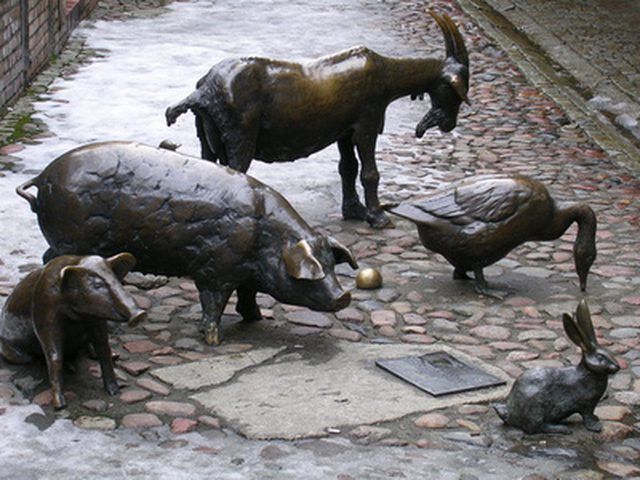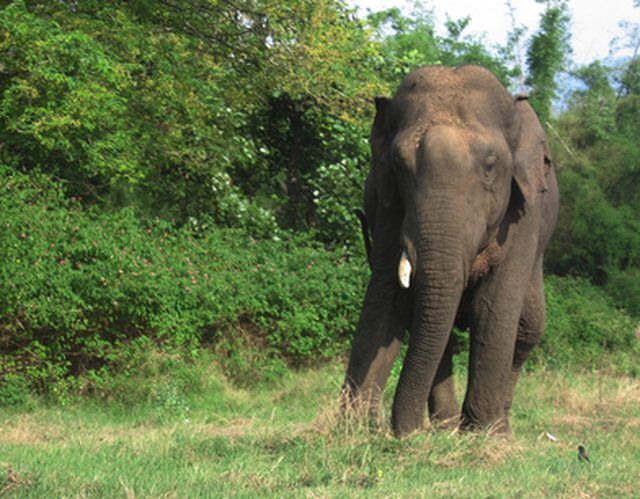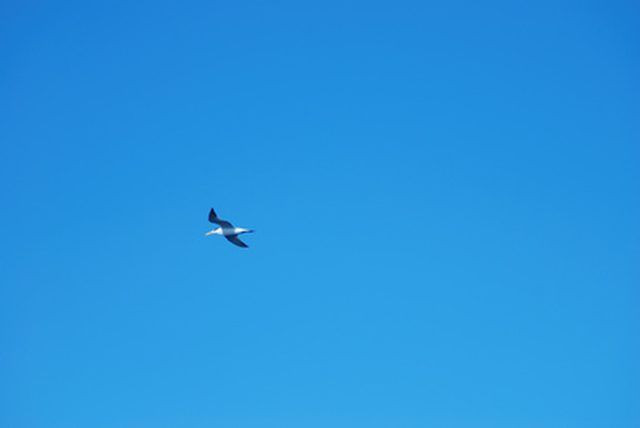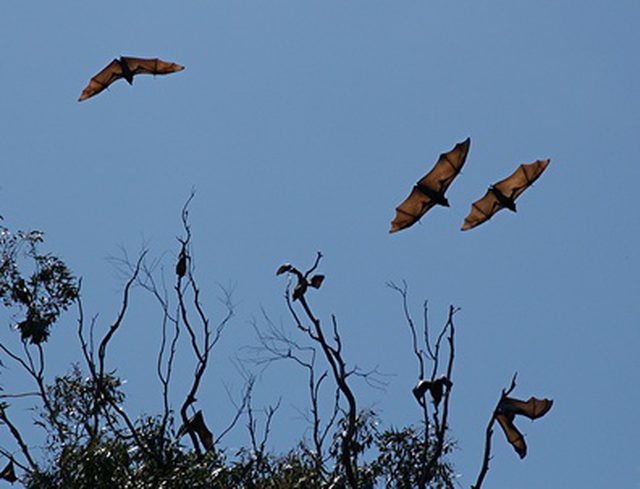Bulbs
Flower Basics
Flower Beds & Specialty Gardens
Flower Garden
Garden Furniture
Garden Gnomes
Garden Seeds
Garden Sheds
Garden Statues
Garden Tools & Supplies
Gardening Basics
Green & Organic
Groundcovers & Vines
Growing Annuals
Growing Basil
Growing Beans
Growing Berries
Growing Blueberries
Growing Cactus
Growing Corn
Growing Cotton
Growing Edibles
Growing Flowers
Growing Garlic
Growing Grapes
Growing Grass
Growing Herbs
Growing Jasmine
Growing Mint
Growing Mushrooms
Orchids
Growing Peanuts
Growing Perennials
Growing Plants
Growing Rosemary
Growing Roses
Growing Strawberries
Growing Sunflowers
Growing Thyme
Growing Tomatoes
Growing Tulips
Growing Vegetables
Herb Basics
Herb Garden
Indoor Growing
Landscaping Basics
Landscaping Patios
Landscaping Plants
Landscaping Shrubs
Landscaping Trees
Landscaping Walks & Pathways
Lawn Basics
Lawn Maintenance
Lawn Mowers
Lawn Ornaments
Lawn Planting
Lawn Tools
Outdoor Growing
Overall Landscape Planning
Pests, Weeds & Problems
Plant Basics
Rock Garden
Rose Garden
Shrubs
Soil
Specialty Gardens
Trees
Vegetable Garden
Yard Maintenance
How Do Animals Keep Cool?
How Do Animals Keep Cool?. Every animal is different. They have unusual defense mechanisms, they have different diets and they have different ways of taking care of themselves.All animals need to keep cool in summer, and they all have ways to adapt to the environment or regulate their body temperatures to keep cool during the summer and warm during...

Every animal is different. They have unusual defense mechanisms, they have different diets and they have different ways of taking care of themselves.
All animals need to keep cool in summer, and they all have ways to adapt to the environment or regulate their body temperatures to keep cool during the summer and warm during the winter.
Tropical Animals
Tropical animals, such as jaguars, and desert animals, such as cheetahs, keep cool by lounging in the daytime and hunting at night. They rest under the shade of a big tree during the day. Many animals living in the tropics and other hot places are nocturnal, meaning they are active at night.
Elephants living in the savanna also suffer the heat during the day, but their bodies are designed to keep cool. Elephants like to wallow in mud, covering their skin with cool, muddy protection. The wrinkles in the elephants skin help to keep the mud in place. Finally, their enormous ears act as fans, working to circulate the air around them. Incredibly, elephants have control over the dilation and constriction of the blood vessels in their vascular ears. When an elephant is hot, she dilates the blood vessels, pulling the heat from her body and letting it escape out of her ears.

Birds
Wildlife biologists have found that buzzards, vultures and certain storks defecate on their legs to cool themselves by evaporation, much like when humans perspire. These birds are frequently seen circling in the sky, soaring on cool air currents far above the heat on the ground.
Some birds migrate for cooler temperatures. Birds such as the Phainopepla and the Costa's hummingbird take off for higher elevations on the Pacific Coast to avoid the heat, just as other birds migrate south to avoid the cold. Most birds are active in the early morning and at dusk, when the earth is cooler. Those that are active during the day tend to spend more time perched in the shade.

Reptiles and other Critters
Many snakes dig burrows in the ground and curl up during the day, reserving their energy for night hunting. Most rodents are also nocturnal. Bats leave their cave at dusk and return just before dawn, hanging around in a cool, dark cave for most of the day. Squirrels, like birds, are crepuscular, meaning that they forage at dusk and dawn and lay low during the day.

Dogs and Cats
Humans have sweat glands all over their bodies to cool the skin. Dogs and cats have sweat glands are in their paws. Dogs and cats also pant when they are hot. The saliva in their mouth wets the area, and the drawn-in air flows across the animal's tongue. Dogs do not have sweat glands on their tongues, but cats do. Cats also lick themselves to keep cool.
Like the elephant, dogs and cats have blood vessels that dilate to bring more blood to the surface of the skin.
Cattle and Horses
Cows do not sweat, but horses do. Cows only have sweat glands on their noses, but a horse has sweat glands all over his body, just like humans. Cows and horses find shady areas to stand in the heat of the day. Those animals that are near water drink a lot of water in hot weather, or go for a dip to cool down.